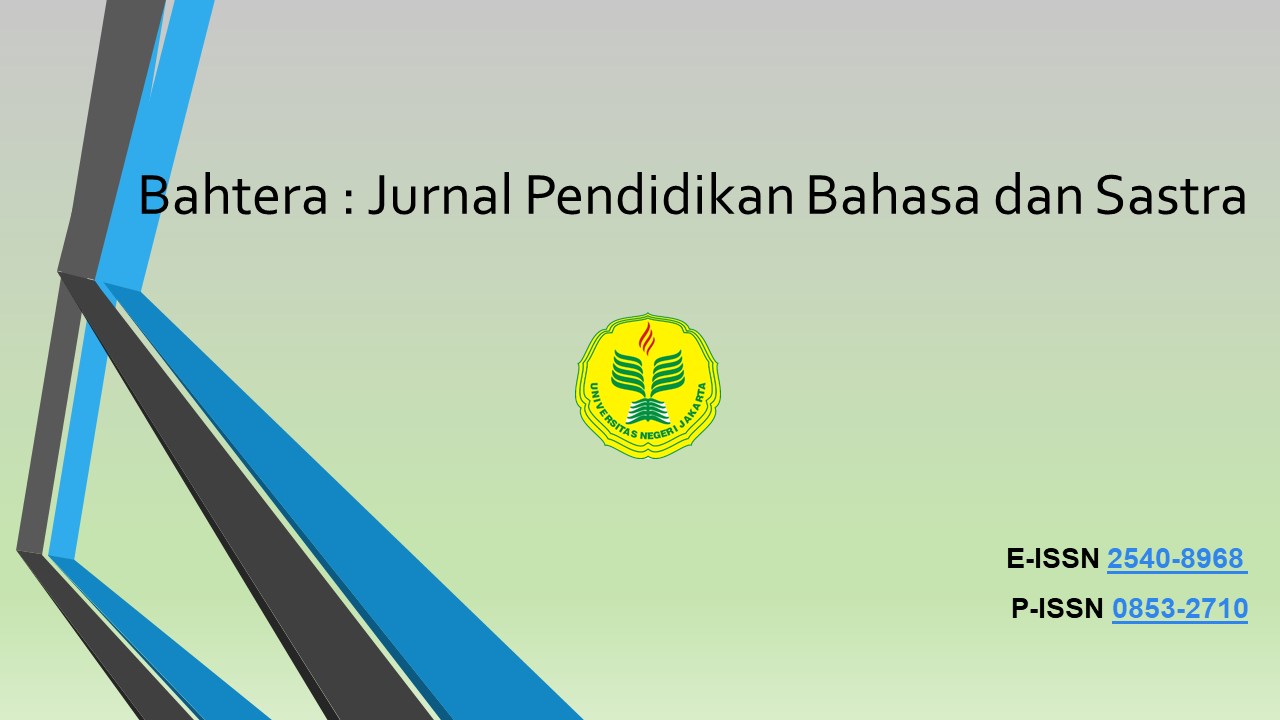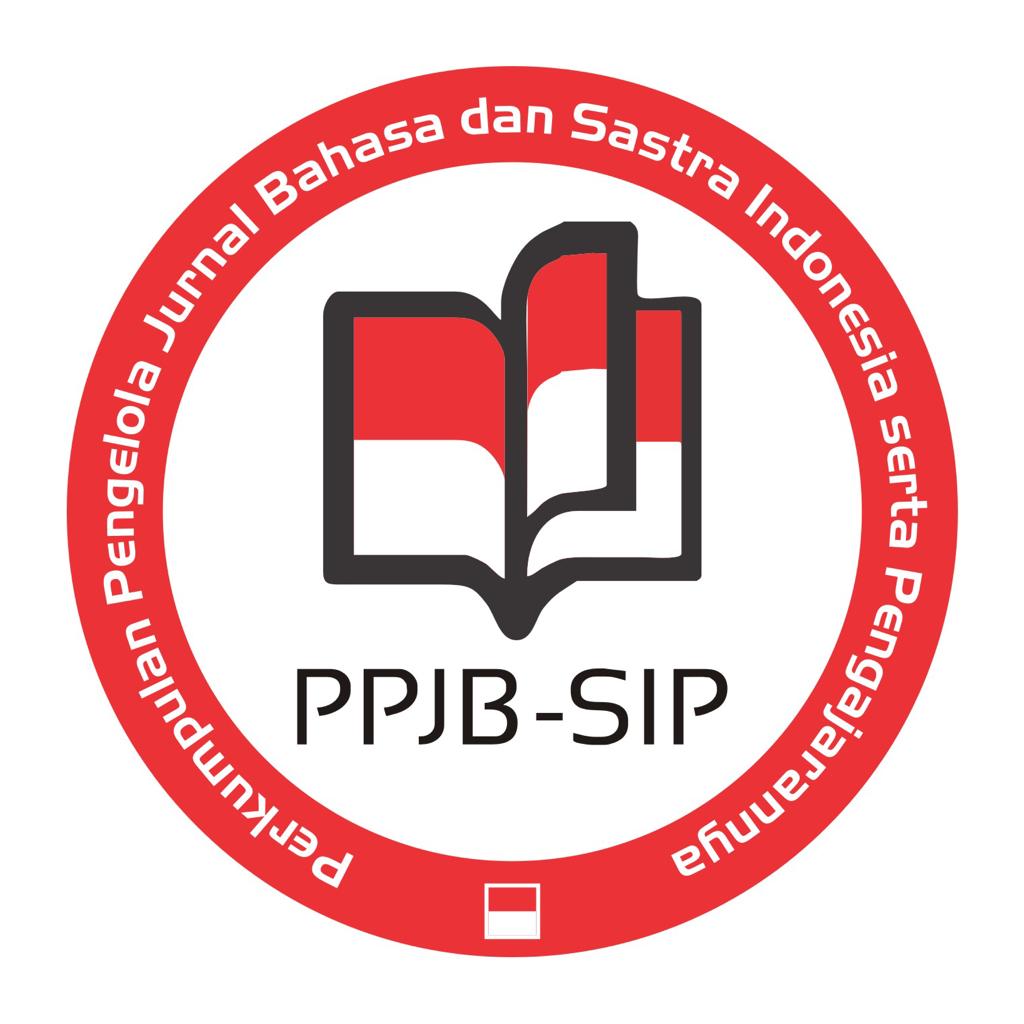CROSS-CULTURAL COMMUNICATION: JAVANESE AND SUNDANESE VOCABULARIES THE SAME IN FORM AND DIFFERENT IN MEANING
DOI:
https://doi.org/10.21009/BAHTERA.182.07Abstract
ABSTRACT
This study discusses the vocabulary of Sundanese which has similar in forms and different in meanings to the Javanese vocabulary. The purpose of this study is to find out (1) words in Sundanese which form is the same as the word in Javanese but different in meanings and (2) words in Sundanese which lexical form and meaning are the same as words in Javanese but they’re in a different variety (familiar variety or respect/high variety). The method used is the matching method (Sudaryanto, 1996). The findings of this study indicate that some words in Sundanese have the same form but different meanings with Javanese, such as the word 'tea' as a personal pronoun or particle in Sundanese but means 'tea' as a drink in Javanese. Some words in Sundanese also indicate that a word that is considered to be a variety of respect, is considered a familiar variety in Javanese, such as the word 'Wengi' in Sundanese and Javanese which means 'night'. In Sundanese, the word ‘wengi’ is a variety of respectful languages, while in Javanese ‘wengi ’it is a familiar variety. This study reveals the linguistic phenomena of most language speakers in heterogeneous societies, namely Sundanese and Javanese and both have many vocabularies with the same form but have different in meaning.
Keywords: communication, cross-cultural, Sundanese-Javanese vocabularies
Downloads
Published
How to Cite
Issue
Section
License
License & Copyright
This work is licensed under a Creative Commons Attribution 4.0 International License.










